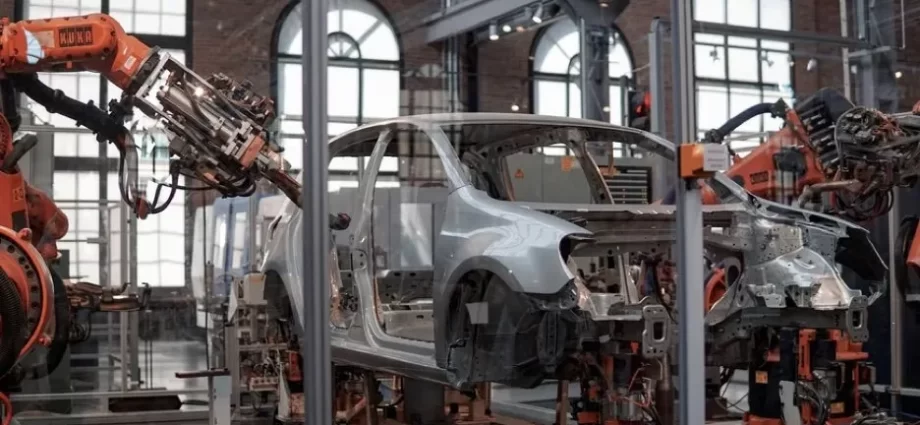Changing consumer behaviors are driving new trends in the car industry. In the past, consumers only wanted the best deal and the most features for their money. Now, people are shopping for value and comfort. The technology that helps us drive will help us do so without the constant input of a driver. We will soon be able to drive with little to no effort and enjoy the experience. The next step is utterly autonomous cars.
As technology has become increasingly connected, automakers are changing their approach to competition. Instead of battling other companies for market share, they’re building ecosystems and forming alliances. With this change, they’ll have to make better cars and invest in new technologies. That will increase demand for privately used cars that are upgradeable. However, this transformation will be difficult if not impossible. While this trend is great news, it’s important to keep in mind that there will be some drawbacks to the new technologies.
While this changes the way automobiles are distributed, it will also drastically reduce the cost of distributing them. As a result, new retail models will emerge that will discipline the system and remove non-value-added costs. Dealer consolidations will unlock economies of scale and purchasing leverage. By driving down inventory, optimizing the delivery of services, and cutting down on real estate costs, manufacturers can generate bigger savings. Finally, a new axis known as “follow the car” will involve manufacturers in second and third transactions. In some cases, this may mean that used-car certification programs will be introduced.
Big suppliers have historically made cars by outsourcing the manufacturing process. By outsourcing, they’ve lowered prices and eroded technological innovation. While a major carmaker like Tesla is trying to mimic Tesla’s battery gigafactory model, they’re still relying on big suppliers, whose scale allows them to reduce costs while maintaining a consistent supply. Despite the disruption, carmakers need to streamline their supply chains to adapt to this new reality.
In addition to the retail channel, the internet has enabled greater direct contact between manufacturers and consumers. This means manufacturers must create meaningful relationships with consumers and avoid being dictated to by channel intermediaries. Although this transformation will take some time, it will ultimately be hard to contain. Until then, manufacturers and retailers will fight the transformation. For now, the future of automotive retailing is not clear. Many players are fighting back, but this transformation is not going to go away.
In addition to electric cars, many other technologies have made the car safer. Electric cars can cut the cost of transportation by as much as one third. Furthermore, cars can also save the environment by using electricity or alternative fuels. Currently, the world’s largest car manufacturers are investing in these new technologies. There are several ways that we can benefit from these developments in the car industry. The first step is ensuring that our cars don’t get destroyed by the environment.

